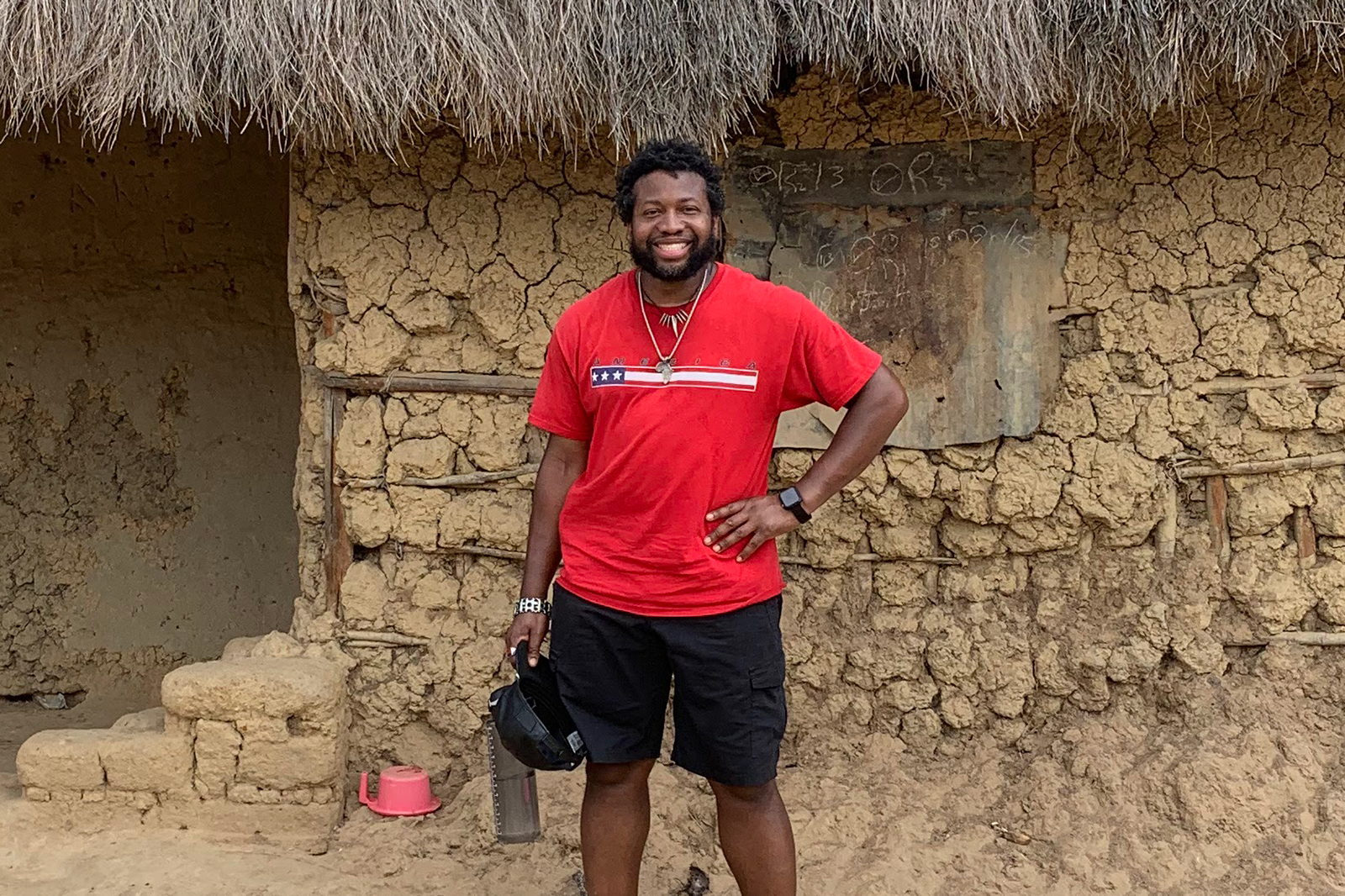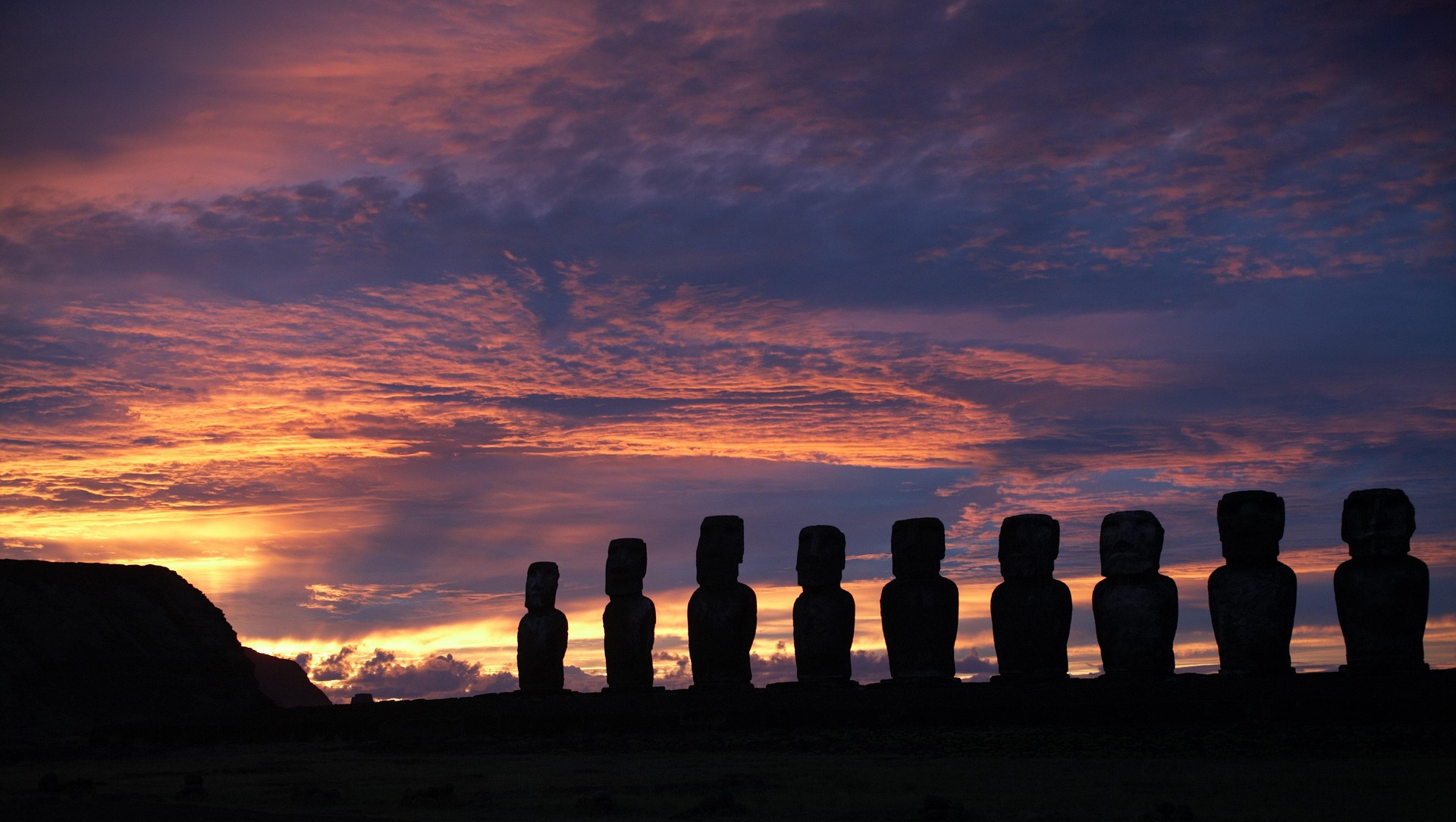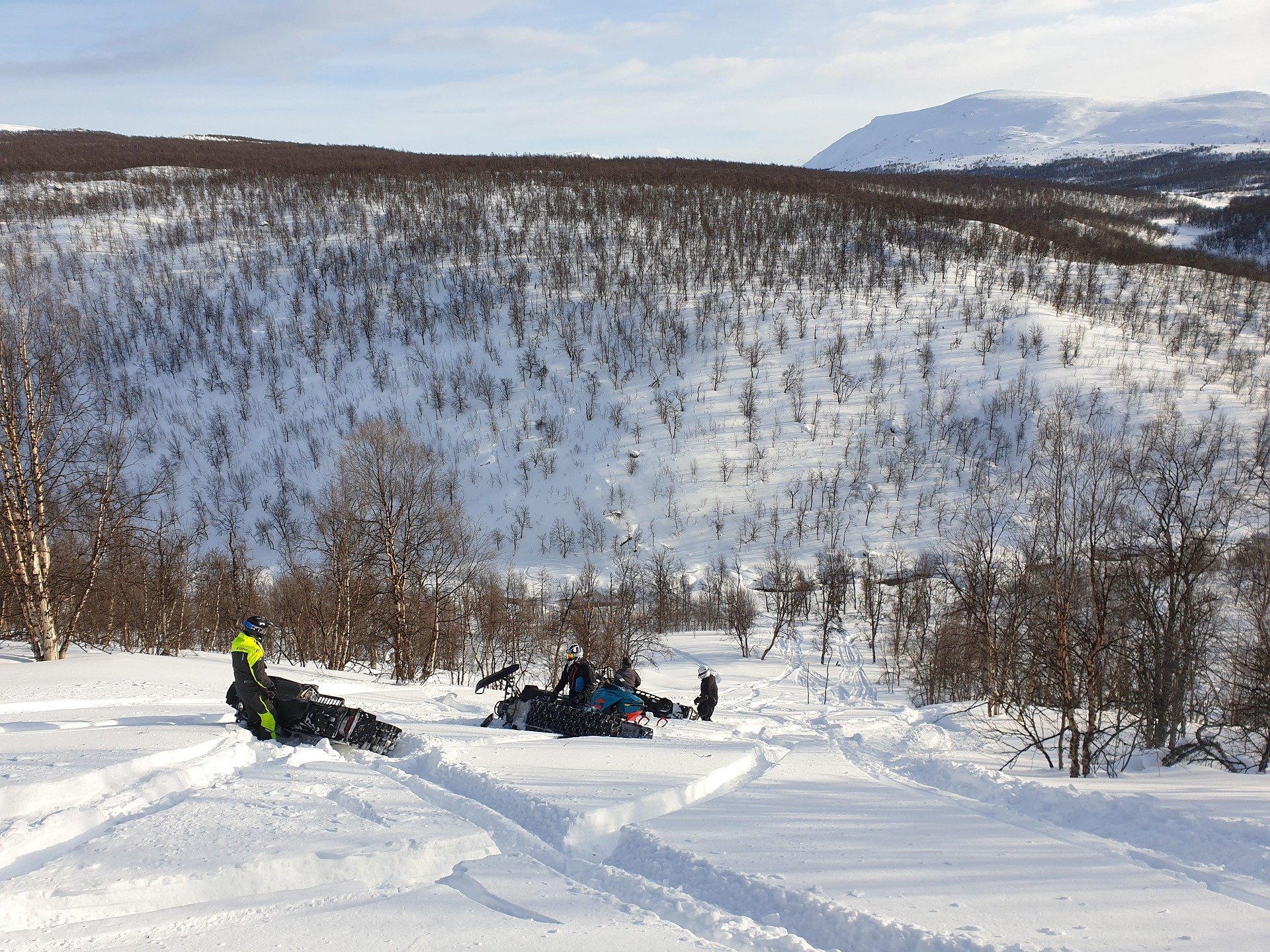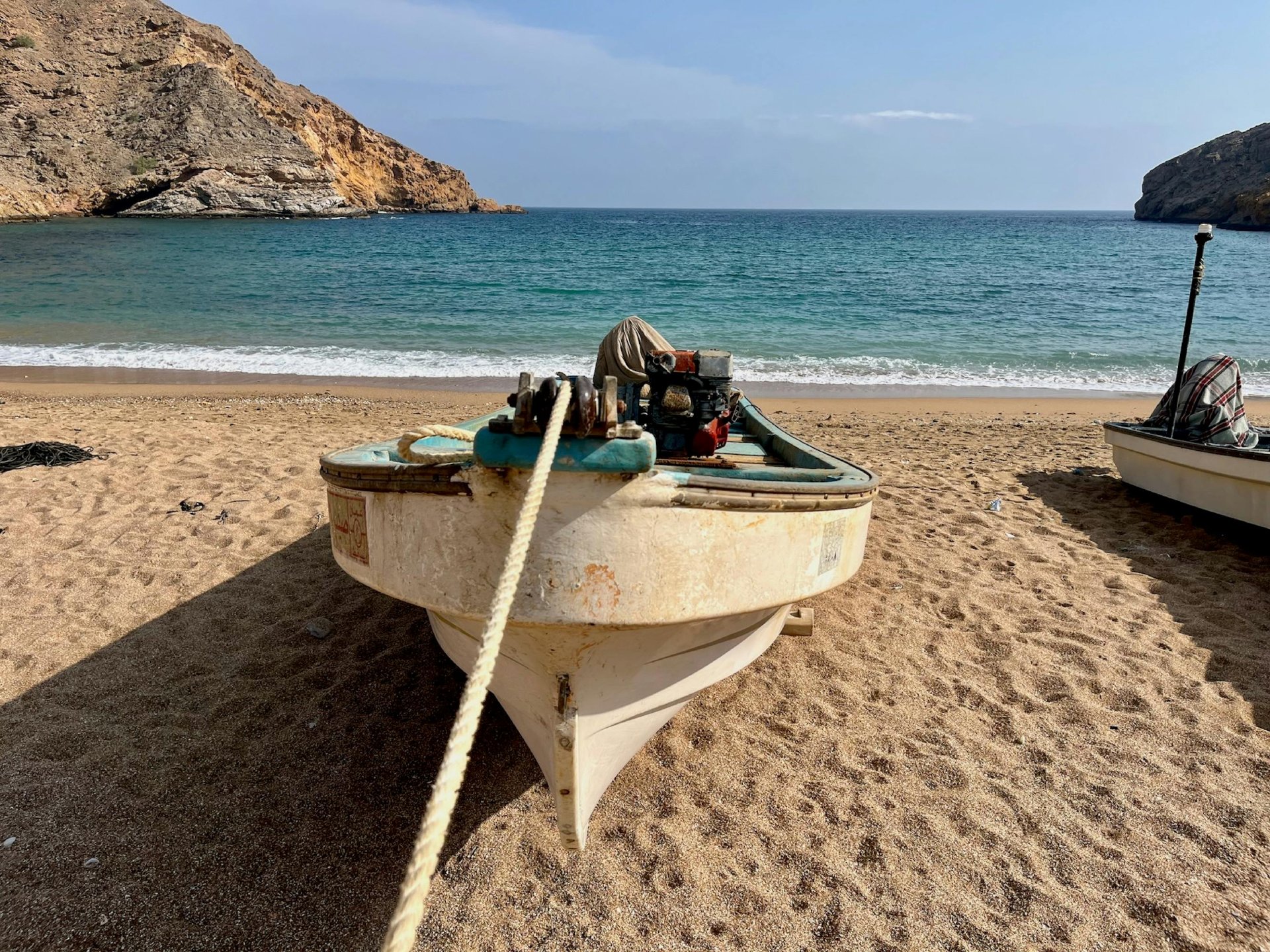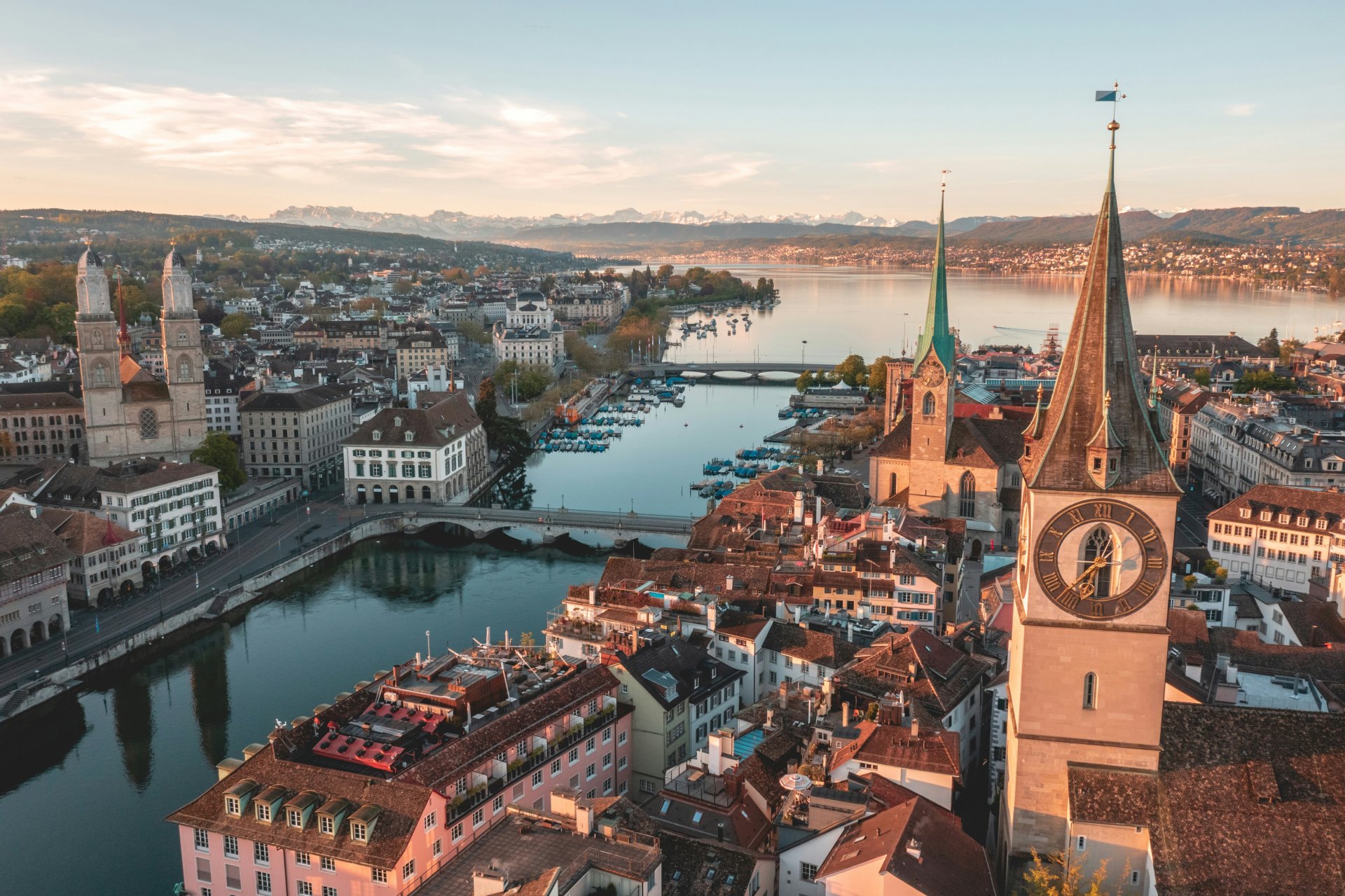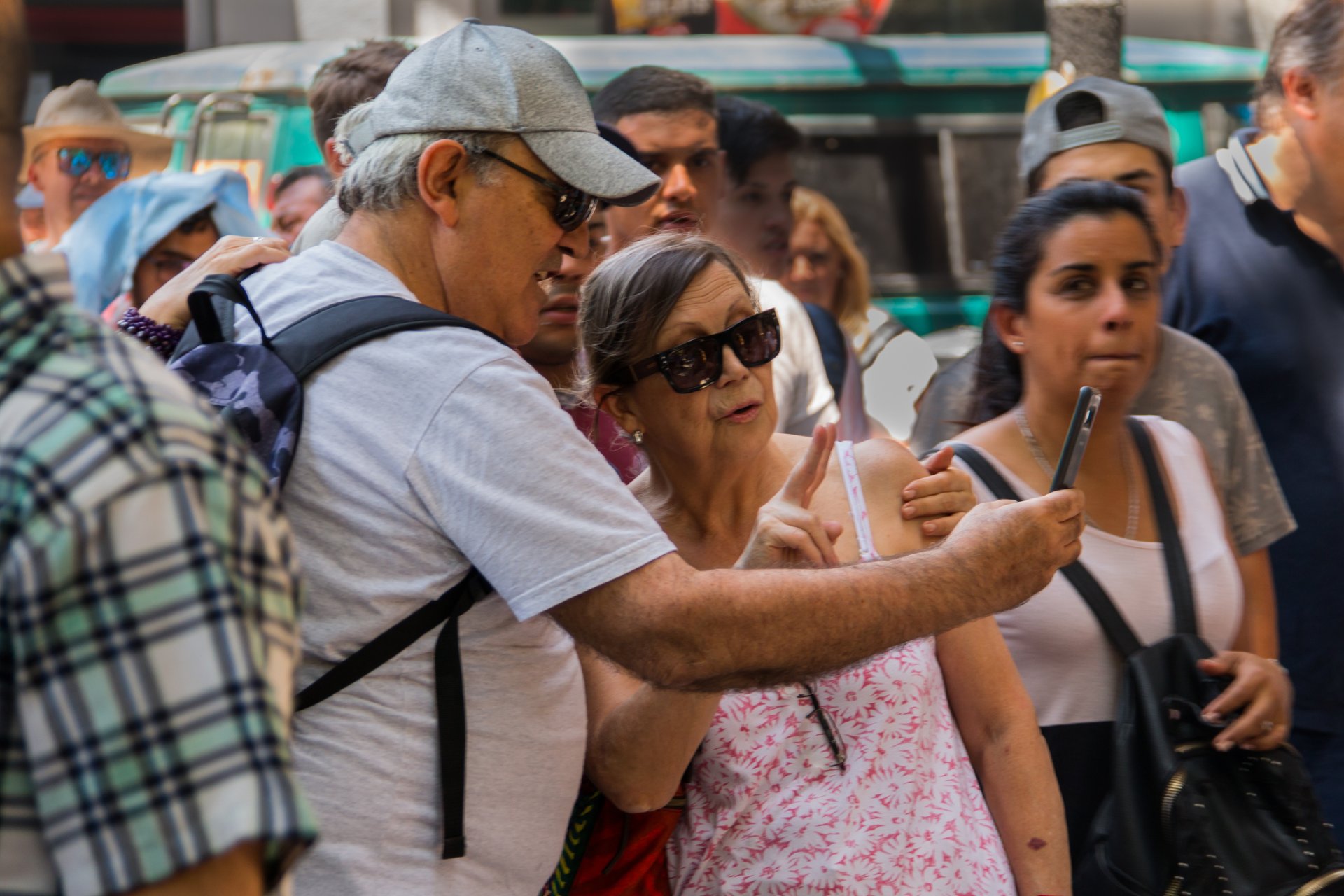Darnell Clayton isn’t summiting Everest. He’s not circumnavigating the globe by sailboat. Nor is he kayaking first descents in South America. But he is attempting a big task when he travels: catching up on 1,000 years of ancestral history.
“I always wondered where I was from,” said the 38-year-old Global Rescue member from South Carolina. “I knew my African ancestors came over four centuries ago on a boat as slaves but nothing else before that.”
So, in 2018, after taking a DNA test through African Ancestry — which not only identifies the African country of descent but the exact tribe — Clayton set out on a mission: To find out everything he could about where he came from.
In this case, on his paternal side, his results showed Yoruba from Nigeria; on his maternal side, a mixture of Mandinka from Senegal, Fula from Guinea-Bissau, Temne and Mende from Sierra Leone and Kpelle from Liberia.
“I went on Instagram and posted my results with a picture of my certificate of ancestry and a couple of hashtags,” he said. “In less than a day, people — particularly, those of the Yoruba tribe in Nigeria — started reaching out to me, encouraging me to learn more and visit.”
Jumping on the Heritage Travel Trend
Flash forward to summer of 2019 and Clayton was boarding a flight to Nigeria to connect with the dozens of Yoruba friends he had forged relationships with after a year of video calls and WhatsApp texting. In 2020, even amidst the global pandemic, he returned to Nigeria and again in 2021, where he also visited Sierra Leone, getting his dual-citizenship (thanks to his Temne and Mende descent).
In total, he’s traveled to Nigeria three times, most recently in May of 2022 to visit his now-fiancée — one of the many Yoruba friends he first connected with online after discovering his ancestry. “If I had more vacation time and a bigger travel budget, I’d be going back every couple of weeks,” he laughed.
Currently, Clayton’s making big travel plans for 2023, of course including visits back to Nigeria and Sierra Leone, as well as Guinea Bissau, Tanzania, Liberia and maybe Ghana. To say he’s a fan of heritage travel — a trending type of travel to places of your ancestral roots — would be an understatement. And for anyone else looking to take the plunge, he says go for it — particularly African Americans.
“It’s no secret our ancestors didn’t come here with papers, like so many other cultures,” Clayton said. “But thanks to DNA testing, we can learn precisely where we came from and we can connect with it in a way our grandparents and their parents (and so on) could never before.”
Here are a handful of heritage travel tips from the now-seasoned pro.
The Benefits of Heritage Travel
- Better Sense of Self. “Growing up, I never really felt like I had a culture to claim as my own because I didn’t know much about African culture overall. But when I traveled there, I got a personal crash course in the history of the Yoruba people from the Yoruba people. Knowing who you are gives you more confidence in life, and confidence to navigate through the future.”
- Break Down Stereotypes. “I always had this idea that Nigeria, in particular, was a dangerous and underdeveloped place. My family and colleagues thought that, too. They’d make jokes while I was planning my trip, like ‘How are you going to get around out there? A zebra?’ But Nigeria — particularly the city of Lagos — has all the same amenities as the U.S., technology and infrastructure: the internet (it’s faster than what I have in South Carolina!), movie theaters, VR arcades, a music and entertainment industry. Not to mention, Nigeria is also Africa’s biggest economy.”
- Better the Country (or Countries). “When travelers establish meaningful connections with a place, they’re all the more eager to see those countries thrive. When I visited Sierra Leone, I fell in love with Rogbonko, a little village of my Temne descent in the countryside. To benefit the local school, the villagers make hats and book bags from dried grass to sell, but they really only relied on donations and people buying the products while they were there. I helped them find a payment processer online (things like Venmo or PayPal don’t work there), so they could expand their business and sell further.”
- Form Bonds. “I formed some of the most valuable friendships of my life with those I’ve met through heritage travel. My fiancée is just one — but, of course, the most important — example. I had communicated with her for a year over FaceTime before traveling there, then, once there, we became very good friends right away. She’s extremely intelligent and beautiful; I asked her out several times before she finally agreed to dating a ‘crazy American.’ I proposed to her on a trip together in Dubai in 2020.”
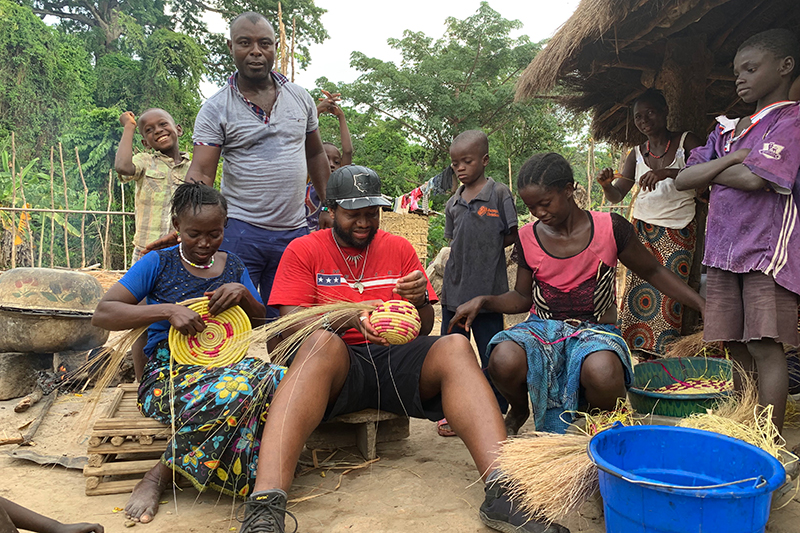
How to Heritage Travel
- Connect with the Community. “Leading up to my first trip to Nigeria in 2019, I learned as much as I could about traveling throughout the country. Because, to be honest, I was nervous about traveling there. And my best source for research: The Yoruba friends I formed friendships with online. They were able to debunk many travel myths, as well as verify places that do, in fact, have high crime that I should avoid. I can’t understate the importance of connecting with those from the country you plan to visit to gain authentic, valuable insights.”
- Embrace Traditions. “You should respect cultural traditions no matter where you travel — after all, you’re a guest there. But, in a community you’re hoping to be welcomed and embraced, it’s essential. That means learning a little of the language and customs to adapt to the rules of tradition. For example, in Nigeria, in the presence of a Yoruba elder or someone of great importance, you always prostrate yourself (kind of like bowing your head). If you don’t, it can cause a lot of commotion. Not to mention, you stick out as a foreigner like a sore thumb.”
- Consider Dual-Citizenship. “The process of getting citizenship can be more difficult in some countries than others, but, if you plan to return often (like me), you can avoid Visa application fees and skip the wait time.”
- Get Global Rescue. “I first heard of Global Rescue in 2019, while I was working on getting all the appropriate travel vaccines through Passport Health. They were the first organization to explain to me that, if something happens while traveling, the U.S. government is not obligated to rescue their citizens…and, if they manage to get you out and back home, it comes with a huge bill. They told me ‘Go with Global Rescue. These guys are legit, have a good reputation and can get you out of any country.’ It’s something you definitely need in this day and age with things like COVID-19, monkeypox and the war in Europe. I’ve never had to use it, but I’m glad I have it.”

